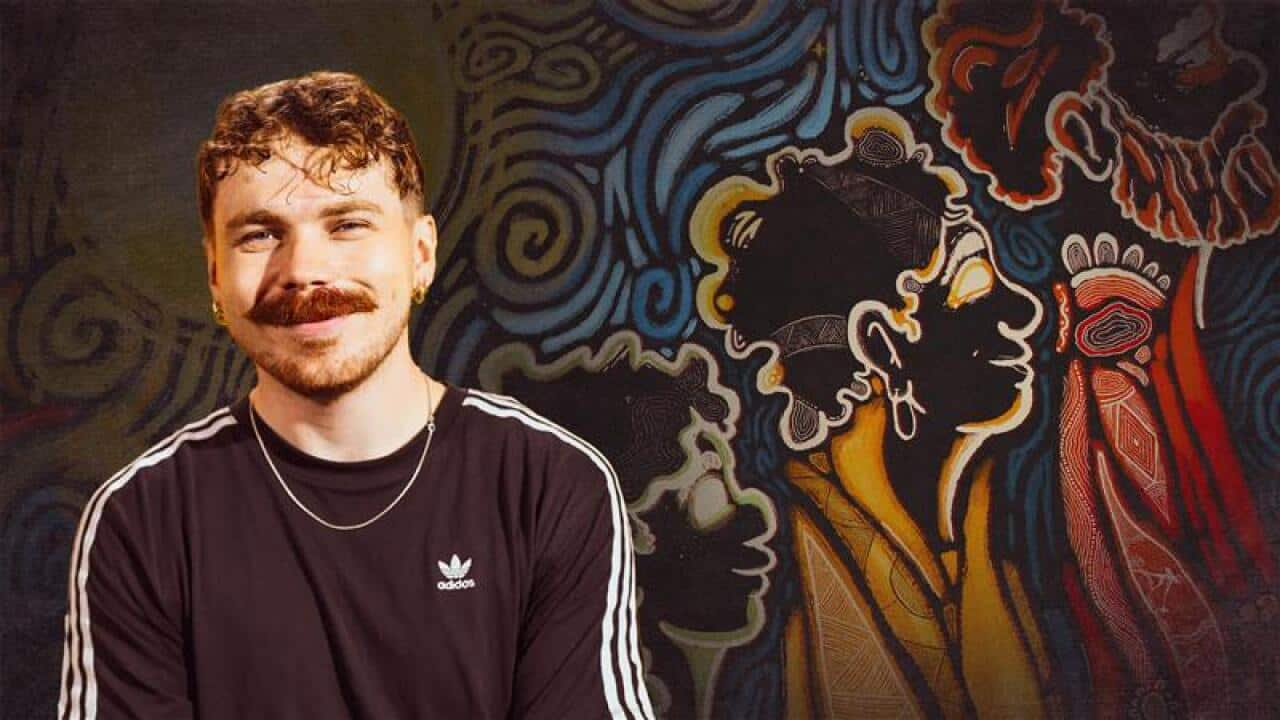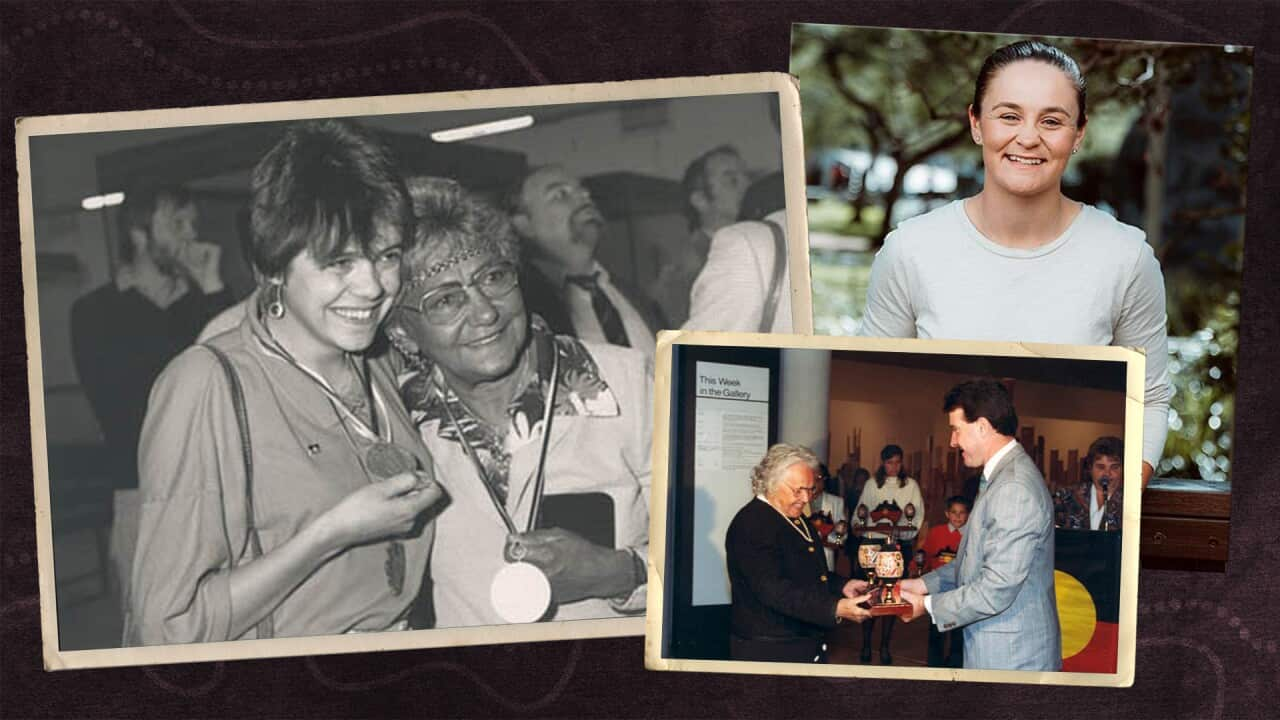

6 min read
Opinion
OPINION: Being recognised by your people is the greatest reward of all. Just ask these NAIDOC winners
Over 41 years, the NAIDOC Person of the Year Award has recognised luminaries of our community, writes John Paul Janke.
Published
By John Paul Janke
Source: NITV
Image: The NAIDOC Person of the Year award is a highly prestigious recognition that has been won by heroes from many fields.
NAIDOC’s annual Person of the Year Award recognises an individuals’ excellence, past and current achievements, and their status as an inspirational role model for Aboriginal and Torres Strait Islander peoples and the broader Australian community.
For many recipients they’ve considered it their most valued accolade or award.
Since its inception in 1984, there has been a total of 42 recipients of the Person of the Year Award (named Aboriginal of the Year until 1993). 17 Recipients have been women and 25 men.
They have excelled with outstanding contributions across health, arts, culture, education, sports, music, politics, law, leadership, community advocacy or have been powerful voices for justice, reform, human rights and fundamental change.
The first to be awarded the accolade was Charles ‘Chicka’ Dixon in 1984. Dixon, a Yuin activist and leader from Wallaga Lake on the NSW south coast, was active in campaigns around the 1967 referendum and the Aboriginal Tent Embassy.
Oodgeroo Noonuccal - a poet and tireless Aboriginal rights campaigner - was the first female recipient of the Award in July 1985.
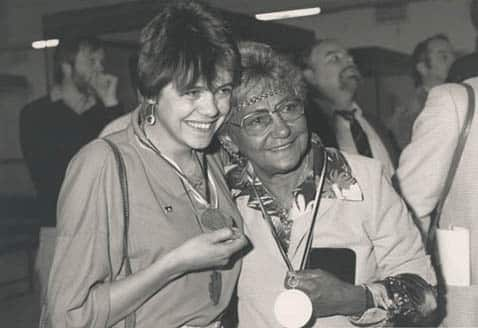
Oodgeroo Noonuccal (Person of the Year) with Rhonda Dadleh (Scholar of the Year) at the 1985 NAIDOC presentation.
Sister Joan Winch (1935 –2022) was a Nyungar & Martu yorga (woman) from WA recognised and celebrated for her tireless service to her community, and for providing pathways for Aboriginal nurses and midwives into the health service.
In 1982, she started up a mobile unit, driving around the Swan Valley fringe dwellers' camps, providing health care to our mob and enabling our people to access care in hospitals.
In 1983, she founded the Aboriginal Health Workers Program, Marr Mooditj college, integrating traditional Aboriginal approach to health and healing with western medicine.
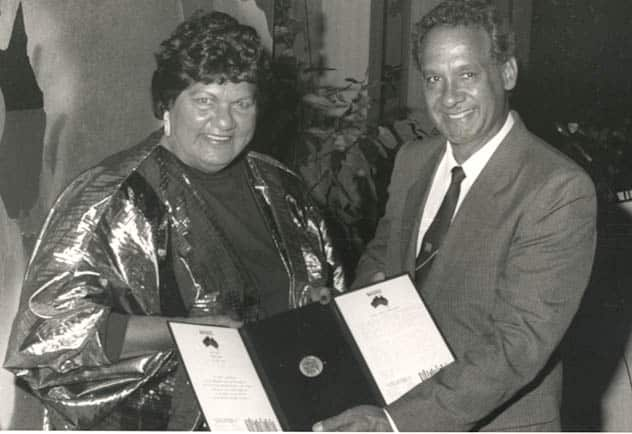
Sister Joan Winch receives her 1987 Person of the Year Award from Ernie Bridge AM, then WA politician and country music singer.
In 1991, the Award went to David Mowaljarlai who was a senior traditional lawman of the Ngarinyin people in the West Kimberley, Western Australia. Not only he was an extraordinary painter, but he was also an anthropologist, teacher preacher, story teller and linguist.
From 1993 to 2002, winners of the Award were all male: Charles Perkins (1993), Ernie Dingo (1994), Reg Blow (1995), Tauto Sansbury (1996), Ray Robinson (1997), Patrick Dodson (Joint Winner 1998), Mick Dodson (Joint Winner 1998), Bob Randall (1999), Anthony Mundine (2000), Kutcha Edwards (2001) and Steve Gordon (2002).
In 2003, it was the acclaimed stage, film and television actress Deborah Mailman who broke the decade of male recognition.
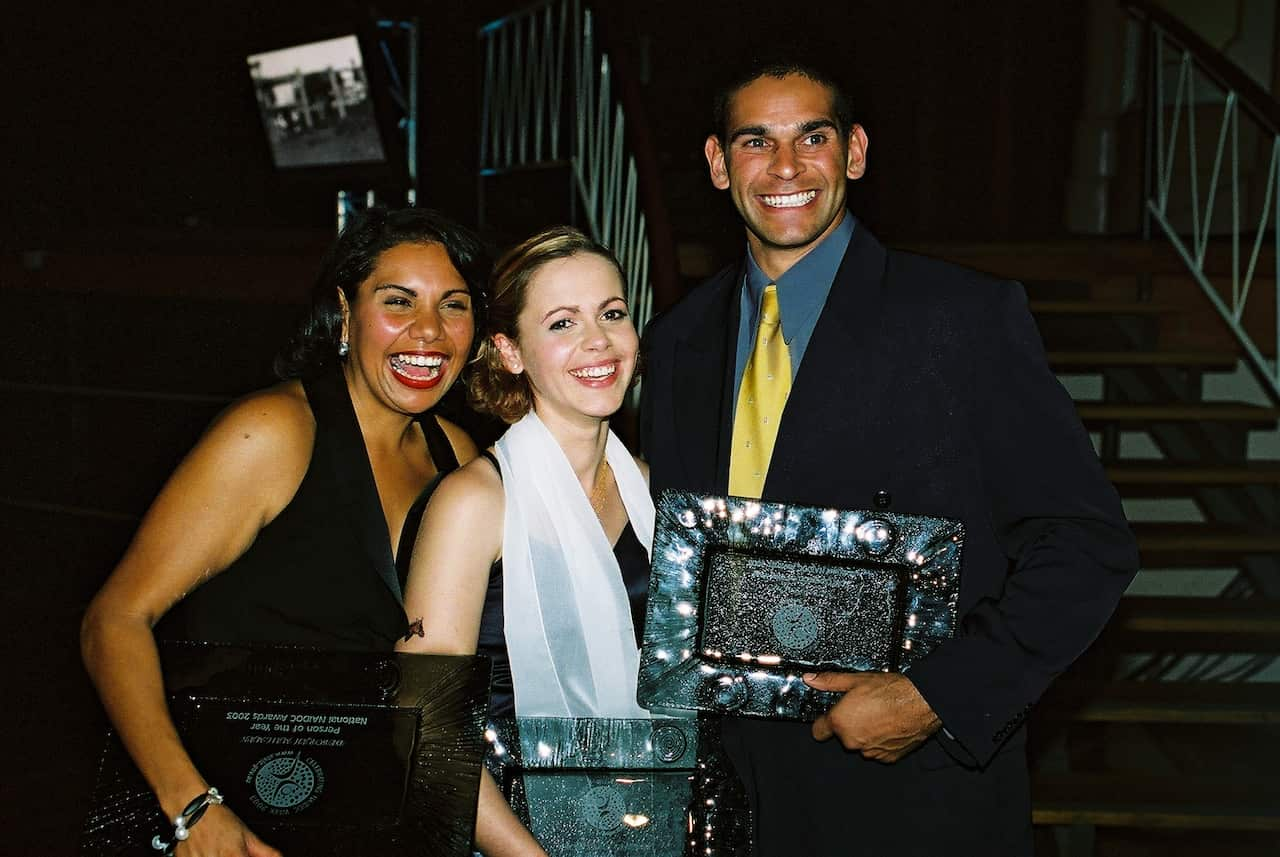
Deb Mailman (Person of the Year 2003) with Stacey Kelly-Greenup (Youth of the Year 2003) and David Peachey (Sportsperson of the Year 2003).
Mailman is one of three prominent actors to win the award - alongside Yamatji actor Ernie Dingo (1994) and Rosalie Kunoth Monks (2015). Kunoth-Monks was an Arrernte and Anmatjerre activist from Central Australia and who at the aged of 16 played the lead role in the film, Jedda. It was the first film to feature an Aboriginal person in a lead role.
Lawyer Terri Janke (2011) and NBA and Olympic Basketballer Patrick Mills (2017) are the only 2 with Torres Strait heritage to win the Award. Mills has Muralag heritage while Janke is of the Meriam nation.
Mills is one of four sporting champions to be recognised: boxer Anthony Mundine (2000), AFL great David Wirrpanda (2012) and tennis champion Ashleigh Barty AO (2022)
Two former Australian Senators Aden Ridgeway (2004) and Patrick Dodson (1998) have also been recognized. (Although Dodson was named before he entered politics in 2016).
Dodson – who is from Yawuru country in WA - was named a joint winner with his brother Mick in 1998. This was the first of only two occasions where there have been joint winners of the national award with Cheryl Buchanan and Palawa leader Rodney Dillon sharing the gong in 2005.
Buchanan is from the Guwamu (or Kooma) nation in southern Queensland and was recognised for her lifetime campaigner for Aboriginal rights, social and environmental justice.
Since 2014, six winners of the last 10 winners have hailed from QLD.
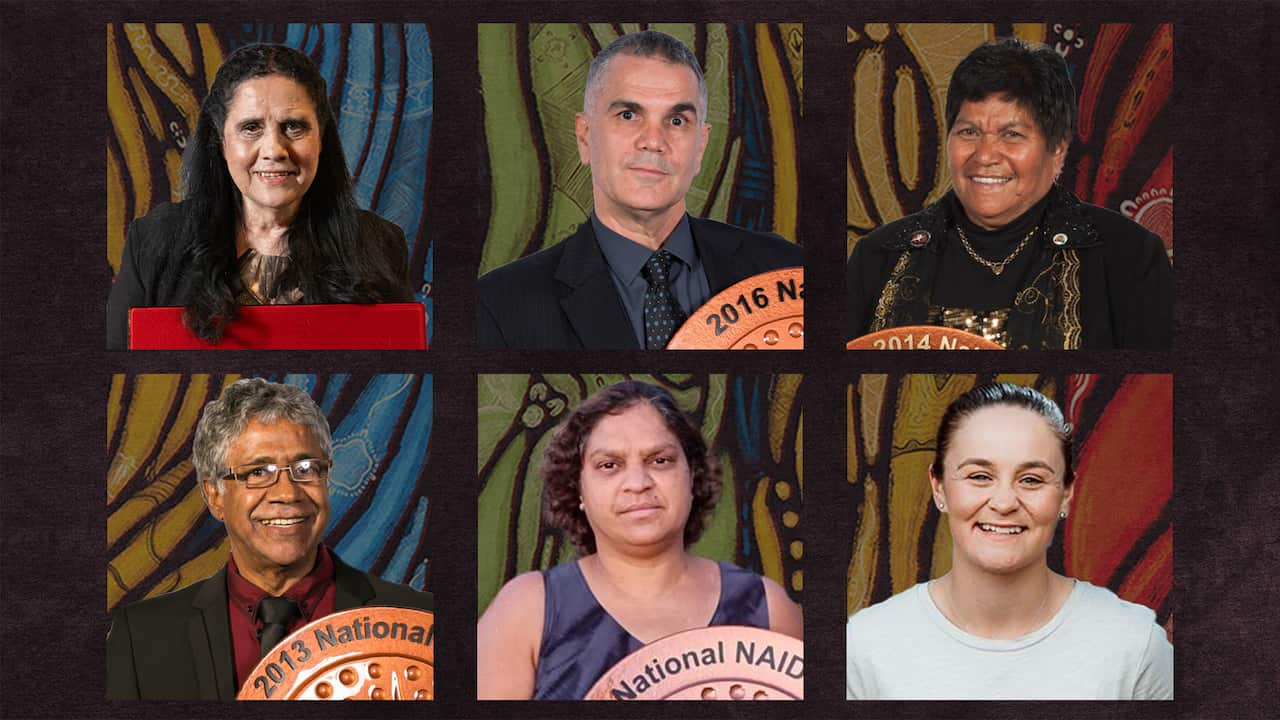
Past winners (clockwise from top left) Aunty Muriel Bamblett, Professor Chris Sarra, Gracelyn Smallwood, Ash Barty, Keri Tamwoy and Darryl Kickett.
Brackenridge is the founder of BRACKS Indigenous Clothing and through her clothing brand supports local charities, health services, and youth initiatives that strengthen and uplift First Nations people.
The two other finalists - Dr. Hannah McGlade and Dr. Daniel Hunt – are both from WA.
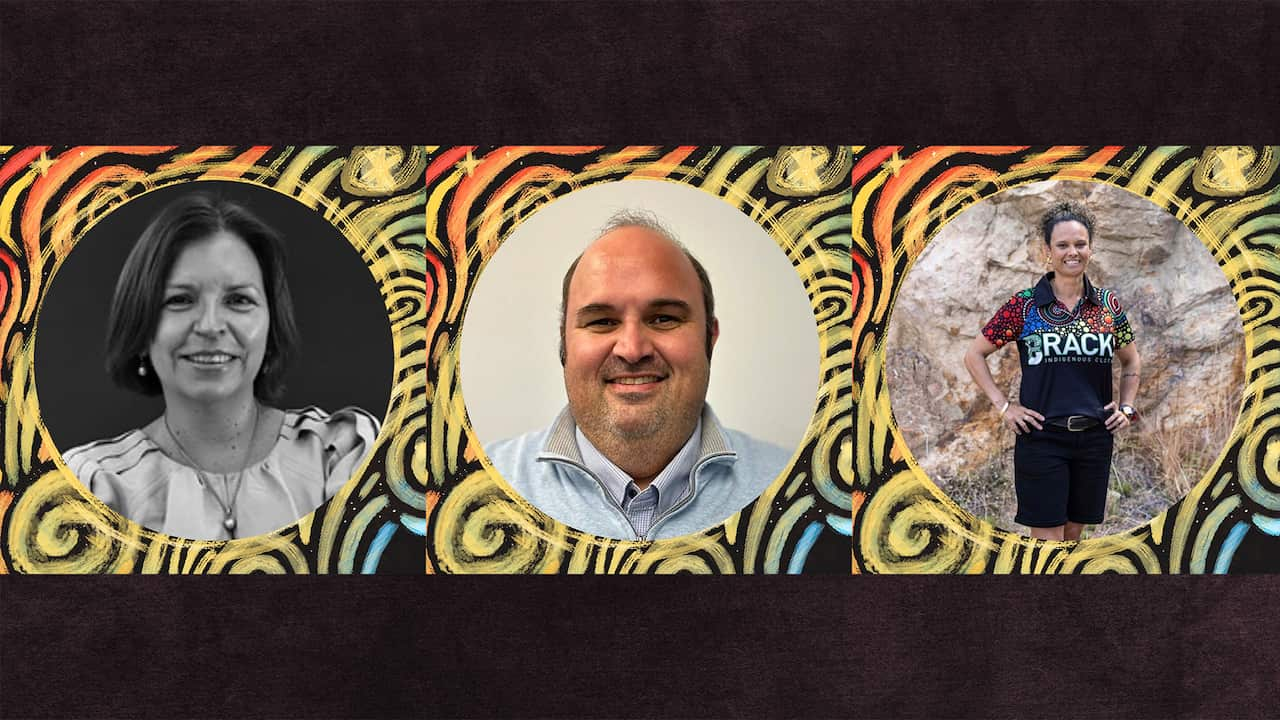
The 2025 National NAIDOC Person of the Year Award finalists (from L-R) Dr. Hannah McGlade and Dr. Daniel Hunt and Bianca Brackenridge.
Dr Hunt, a Jaru and Indjibarndi man, is both a General Practitioner and Dentist. He has extensive experience in the Aboriginal Community Controlled Health Organisation sector, served as Dentist, Deputy Medical Director, and Acting Chief Executive Officer.
Should either McGlade and Hunt win, they will become the first from WA to win since June Oscar AO in 2018.
Oscar, a Bunuba woman from Fitzroy Crossing in the Kimberley, is a courageous leader well known for championing the rights of her people, and for her tireless work in the preservation of ancient languages.
Of the 42 winners, 13 recipients have come from QLD, 11 from WA, 8 from NSW, 4 from 4 NT, 4 from VIC and 1 winner each from SA and TAS.
The 2025 National NAIDOC Awards will be broadcast on NITV, SBS On Demand, and NITV's Facebook and YouTube channels on Saturday, July 5th at 7:30 pm (WST) (9:30 pm AEST).
The awards, which celebrate the achievements of Aboriginal and Torres Strait Islander people, will also be distributed to First Nations Media Australia (FNMA).
Listen to our podcasts
Interviews and feature reports from NITV.
A mob-made podcast about all things Blak life.
Get the latest with our nitv podcasts on your favourite podcast apps.
Watch on NITV

The Point: Referendum Road Trip
Live weekly on Tuesday at 7.30pm
Join Narelda Jacobs and John Paul Janke to get unique Indigenous perspectives and cutting-edge analysis on the road to the referendum.
#ThePoint
